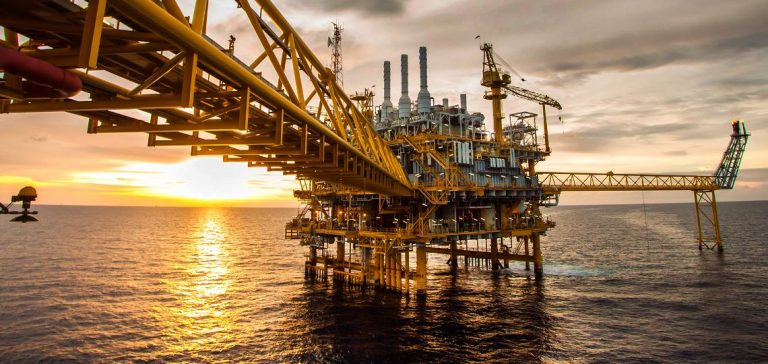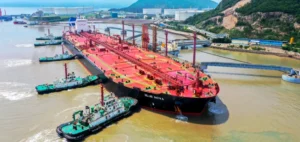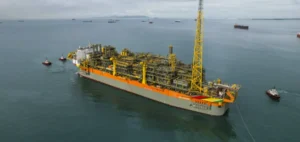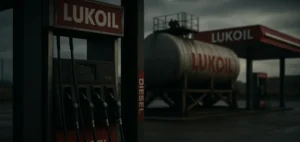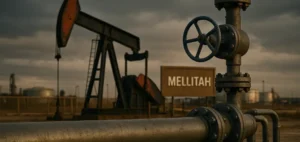After a series of successive changes, the North Sea oil and gas sector faces fiscal uncertainty that threatens its future. According to a new report by Wood Mackenzie, the United Kingdom must adopt a more predictable fiscal policy to ensure long-term stability for the sector. The government has acknowledged that oil and gas production will remain necessary for several decades. However, recent modifications to the Energy Profits Levy (EPL), scheduled to end in 2030, have led to “unprecedented sectoral uncertainty.”
The stakes are high: fiscal stability is crucial for operators to make long-term financial decisions. To this end, Wood Mackenzie recommends implementing a fiscal regime that addresses several key challenges:
The challenges for an effective reform
The report highlights five main areas of consideration to ensure a fiscal regime that is fair for both the government and the industry:
1. Defining a price shock: Determining the nature and duration of a price shock, as well as how to respond to sudden fluctuations.
2. Determining the government share: The tax rate during a price shock must be appropriate and could include a progressive rate system similar to the UK income tax.
3. Defining the tax base: Deciding whether to apply the measure to the entire taxable income of the company or only to excess revenues.
4. Managing fluctuations in gas and oil prices: Establishing a fair tax system for companies with mixed production when the prices of these two products diverge.
5. Simplifying the current system: The goal is to reduce the complexity of the fiscal regime to facilitate administration.
A complex but necessary consultation
Graham Kellas, Senior Vice President at Wood Mackenzie, emphasized the importance of these reforms, stating that North Sea operators must be able to make decisions beyond 2030 with a clear vision. However, reaching a consensus on these issues between the industry and the government will be challenging. Additionally, disagreements may also arise within the companies themselves, due to conflicts between the goals of simplicity, fairness, and responsiveness.
The consultation on these topics will not be easy, as each fiscal adjustment could have different economic consequences depending on the type of investor and the economic context. Despite the difficulties, Kellas remains optimistic about the possibility of finding common ground, highlighting that “where there is a will, there is a way.”


